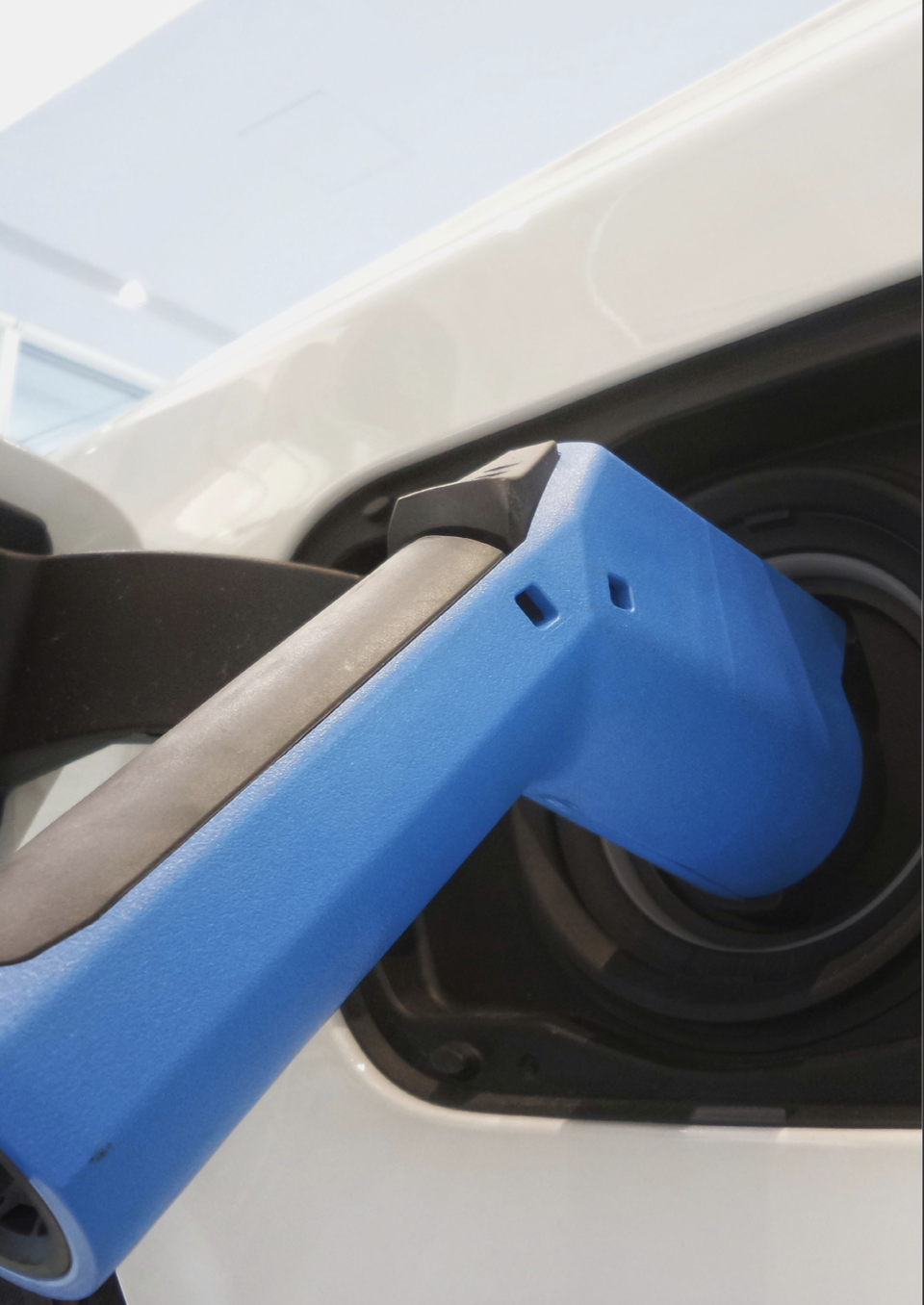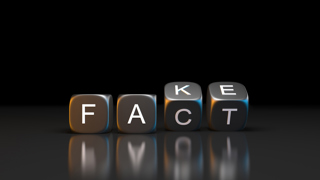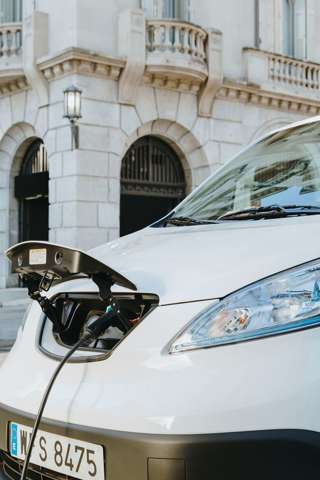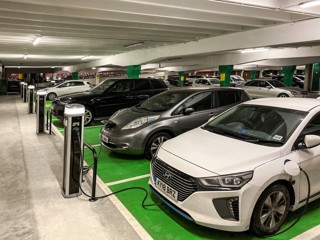Automotive industry leaders have lowered their expectations for EV adoption by the end of the decade, according to KPMG.
Taking part in KPMG’s annual Global Automotive Executive Survey, 266 European based automotive executives – including 31 senior figures in the UK – predict that electric vehicles (EVs) will represent around a third (29%) of new vehicle sales in Europe by 2030.
Twelve months ago, European auto execs told KPMG that they predict EVs would represent half (51%) of all new car sales by 2030.
Richard Peberdy, UK Head of Automotive for KPMG, said: “The UK market is making good progress on electric vehicle transition, with battery electric vehicles gaining a 16% share of the UK market in 2022. But continued progression is not straight forward, as the roll out of charger networks to keep pace with sales is proving difficult, while wider mass market adoption of battery electric vehicles is made harder by their current purchase price, plus concern around heightened energy prices as part of a wider cost of living squeeze.
“On the supply side, car makers are investing in further electric vehicle and battery technology development, but still face supply chain problems caused by chip shortages, the war in Ukraine and the general imbalance in supply chain efficiency post-covid. Questions also remain unanswered about substantially scaling-up battery manufacturing in the UK.
“This combination of factors is likely behind the fall in expectation regarding what market share BEVs can achieve by the end of the decade – and the fall should focus minds even further on how to tackle some of these challenges.”
UK EV registrations rose 19.8% in January to reach 17,294 units, or 13.1% of new registrations – slightly below the average recorded for 2022.
Looking more broadly at what the global automotive sector will look like by 2030, industry experts also predict that the majority of new cars will be purchased online, and drivers will readily pay subscriptions for in-car software.























Login to comment
Comments
No comments have been made yet.